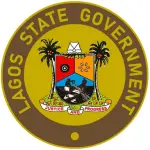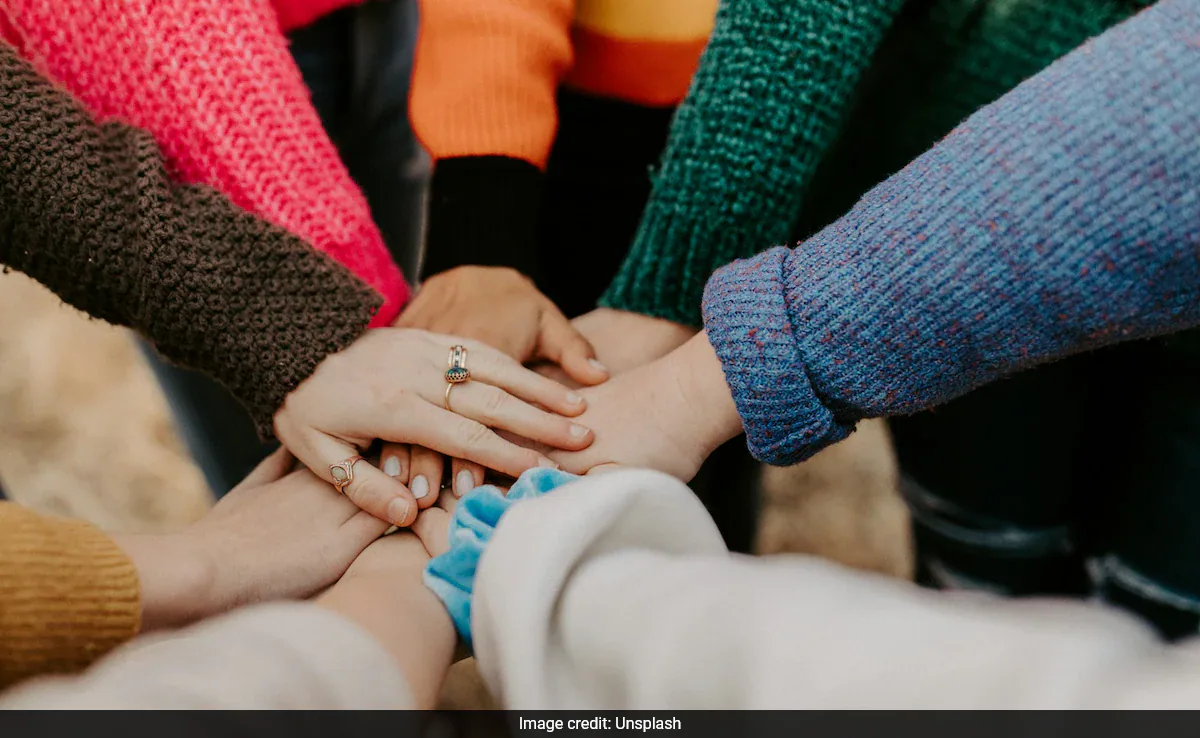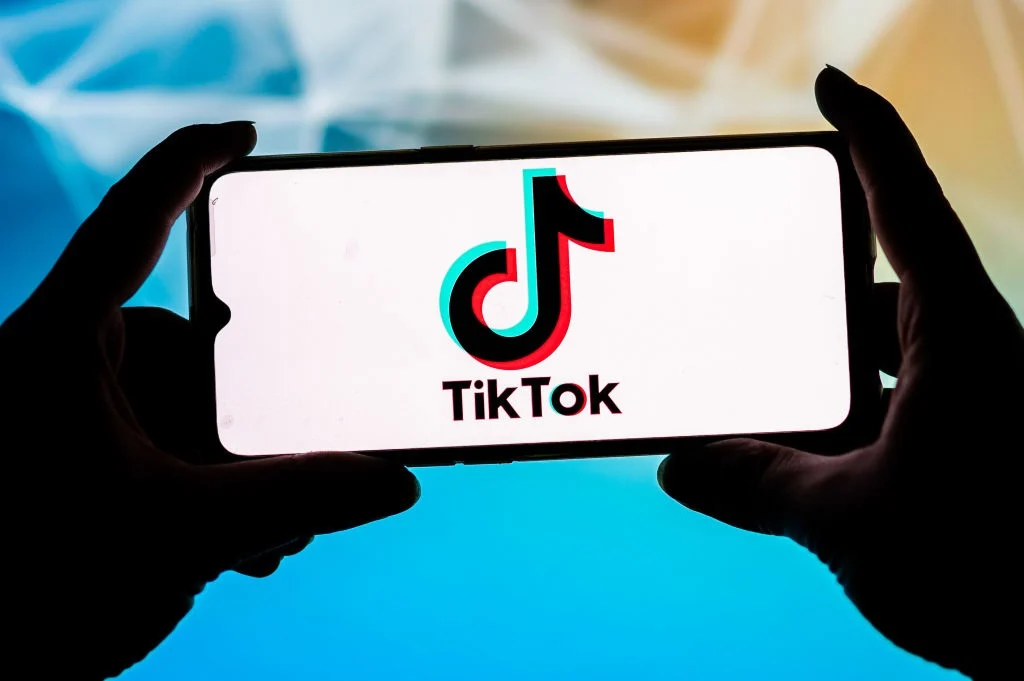Lagos State Breaks New Ground: Forensic Interview Protocol Introduced to Protect Children from Child Sexual Abuse

Child sexual abuse is one of the most devastating violations a child can experience. Beyond the immediate harm, it strips children of dignity, shatters their trust in adults, and leaves scars that can last a lifetime. Abuse not only robs children of their innocence but also dehumanizes them, reducing their voices to whispers that are often doubted, ignored, or mishandled by the justice system.
In recognition of this harsh reality, the Lagos State Government has launched the Child Sexual Abuse Investigative and Forensic Interview Protocol, the first of its kind in Nigeria. This pioneering initiative seeks to protect child who have been sexually abused while strengthening the prosecution of offenders. It marks a turning point in how Nigeria approaches justice for children who have endured abuse.
Why the Protocol Matters
For too long, abused children in Nigeria have faced a double burden: the trauma of the abuse itself and the retraumatization that often comes when telling their stories repeatedly to police, social workers, and in court. Poor interviewing methods such as repeated questioning, intimidating environments, or age-inappropriate language, undermine both justice and healing.
Children deserve more. They deserve a justice system that:
- Listens to them with dignity
- Protects them from further trauma
- Treats their voices as credible sources of truth
- Ensures their testimonies are preserved and respected
The Lagos protocol directly addresses these needs. Built on global best practices, it introduces a trauma-informed, developmentally sensitive, and legally sound process for forensic interviews. This means a child’s testimony can be captured accurately, safely, and without undue influence, strengthening both protection and prosecution.
Core Features of the Protocol
The new framework ensures that children are not retraumatized during investigations. Key elements include:
- Neutral, child-friendly environments for interviews.
- Limiting repeated questioning, so children do not relive trauma unnecessarily.
- Age-appropriate communication, allowing children to speak in their own words.
- Scientifically grounded techniques, ensuring reliability and fairness in court.
- Specially trained forensic interviewers, certified to global standards.
By adopting these measures, Lagos has aligned with international best practice in handling child abuse cases, moving away from sentiment-driven responses toward evidence-based justice.
Abuse dehumanizes a child by silencing their voice, shaming their body, and stealing their sense of worth. Each poorly handled investigation only deepens that wound. The Lagos protocol, however, restores dignity by making the child’s truth central to the process.
It recognises that when a child finds the courage to speak, the system has a duty to:
- Believe them.
- Protect them.
- Act decisively on their behalf.
A Collective Responsibility
The launch of this protocol was made possible by collaboration between the Lagos State Government, the Cece Yara Child Advocacy Centre, the Domestic and Sexual Violence Agency, the Rule of Law and Anti-Corruption Programme (International IDEA), the police, and other partners.
Such multi-sector collaboration is essential. Protecting children from abuse cannot be left to government alone. Families, communities, schools, faith institutions, and civil society must work together to:
- Create safe spaces where children can speak out.
- Challenge cultures of silence and stigma around abuse.
- Provide psychosocial, medical, and legal support for survivors.
- Demand accountability from institutions meant to safeguard children.
A Model for Nigeria
The Lagos forensic interview protocol should not remain a state initiative, it is a model for the nation. Every child in Nigeria deserves the same level of protection and justice. Replicating and scaling this framework can help address the widespread impunity surrounding child sexual abuse cases, increase conviction rates, and most importantly, protect children from secondary victimisation.
Conclusion
Child sexual abuse dehumanises children but when a justice system rises to hear them with compassion, protect them with sensitivity, and prosecute offenders with rigour, children are affirmed as human beings worthy of dignity and protection.
The launch of the Lagos State Child Sexual Abuse Investigative and Forensic Interview Protocol is more than a legal milestone. It is a promise to give children all the support they require, to treat their words with seriousness, and to build a justice system that truly safeguards children.





